The Bermans and Michaels expect their daily routines and social lives will alter substantially mid-August because of membership in the county’s greatly expanded Jewish Community Center (JCC), relocated in Irvine.
"I’m looking forward to that sense of community, of running into people and they are not in their cars," said Jackie Michaels, of Irvine, whose family of six were JCC devotees elsewhere.
"It’s exciting for us to have everything so central to us," added Mark Berman, 37, of Newport Coast, whose first JCC experience was at the Costa Mesa facility’s preschool where his wife, Sharon, volunteered. Their third son is among 230 preschoolers who will be the first to swarm over the center’s pristine playgrounds and classrooms.
Four years after its genesis, the community building for the JCC and six other Jewish agencies officially opens Aug. 15. It is the centerpiece of the nearly $70 million Samueli Jewish campus, a symbol both of the community’s maturation and a hoped for renaissance of Jewish cultural life.
Met initially with skepticism by many of the community’s leaders, the project’s principal champion gradually won support for an envisioned Jewish neighborhood.
"That was my motivating factor," said Ralph Stern, of Tustin, who shouldered the task of raising the center’s $20 million tab, defining how it would run and reshaping its staff.
Since 2000, Stern, who runs a dental financing business, seized every business trip as a chance to scrutinize other JCCs. Such an undertaking didn’t faze the center’s president, either. Mary Ann Malkoff develops buildings for religious clients. (A tribute lunch for Malkoff is scheduled Sept. 12 as new JCC board members take office.)
The center’s catalyst was the constraints on growth at nearby Tarbut V’Torah Community Day School. Its founder, Irving Gelman, coveted six adjacent acres for expansion. As the landowner refused to subdivide the parcel, industrialist Henry Samueli bought the adjoining 20 acres and an anonymous donor agreed to underwrite the upper-school expansion, a combined gift of $40 million.
"It’s the kind of opportunity you can’t let go by," Stern said.
Since he likens philanthropy to investing, Samueli said the community building is already a success. "It’s rallied so much support; the community has really stepped up. To contribute time and money, you know they all believe in it," he said.
A month of special events will follow to showcase the sort of services possible. A full fall programming catalog is to be distributed in August and most programs would start next month. Sampler programs include pilates, chamber music, a mitzvah camp, swim teams and a triathlon.
Also new is the hiring of Rabbi Rebecca Schorr as the center’s director of Jewish education, a move that initially raised territorial hackles by some pulpit rabbis. Allaying competitive concerns, Schorr said she’s focused on one-day adult education topics, preschool Judaica and serving as the staff’s pastoral counselor.
Despite higher annual fees that upset some members of the former Costa Mesa facility, more than 760 "units," comprised of singles or families, were committed as of mid-July. The tally includes 100 seniors, 40 of whom took advantage of scholarships, said Dan Bernstein, the center’s executive director.
Bernstein hoped for 500 members as of Aug. 1. His first year target is a 1,000-unit average, which he predicts will be reached by August 2005 as the roster ascends to 1,300 units.
"Nobody doesn’t come here and go ‘wow,’" said Bernstein, hired in December for his know-how opening a similar sized facility around an aging JCC in Sarasota, Fla.
With characteristic reserve, Stern is not yet popping celebratory corks.
"The feeling of exhilaration, I haven’t felt it yet," he said. Several loose ends remain, such as delivery of a $15,000 Holocaust monument. "When you have 25 of those details, there is still a lot of work to be done," he said.
Some gifts toward a $3 million endowment for the center’s overhead are still to be finalized, Stern said, though one significant piece recently fell into place. The former Jewish campus, a gift from Sandy and Allan Fainbarg and Ruth and Arnold Feurstein, was sold for $5 million to a developer. Proceeds will fund the center and the agencies’ transition costs, Stern said.
Even before the doors open, Michaels can anticipate a sense of entitlement: "It’s a place where you know you belong."







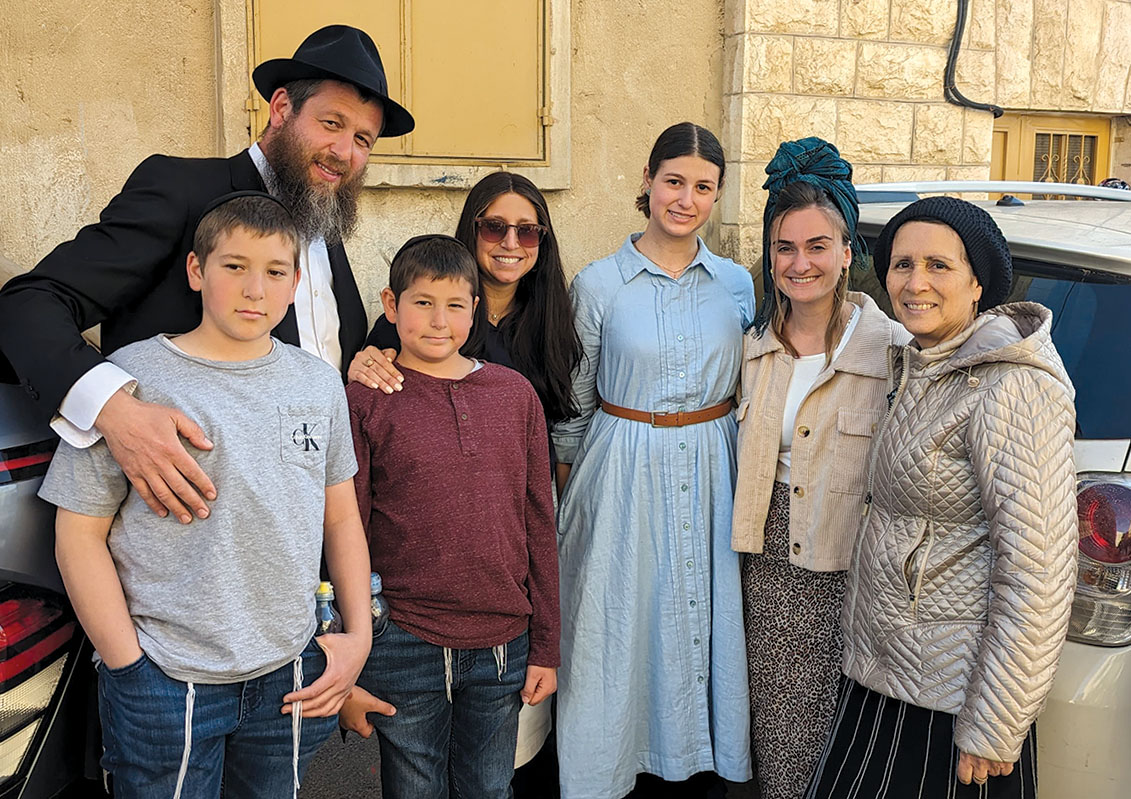
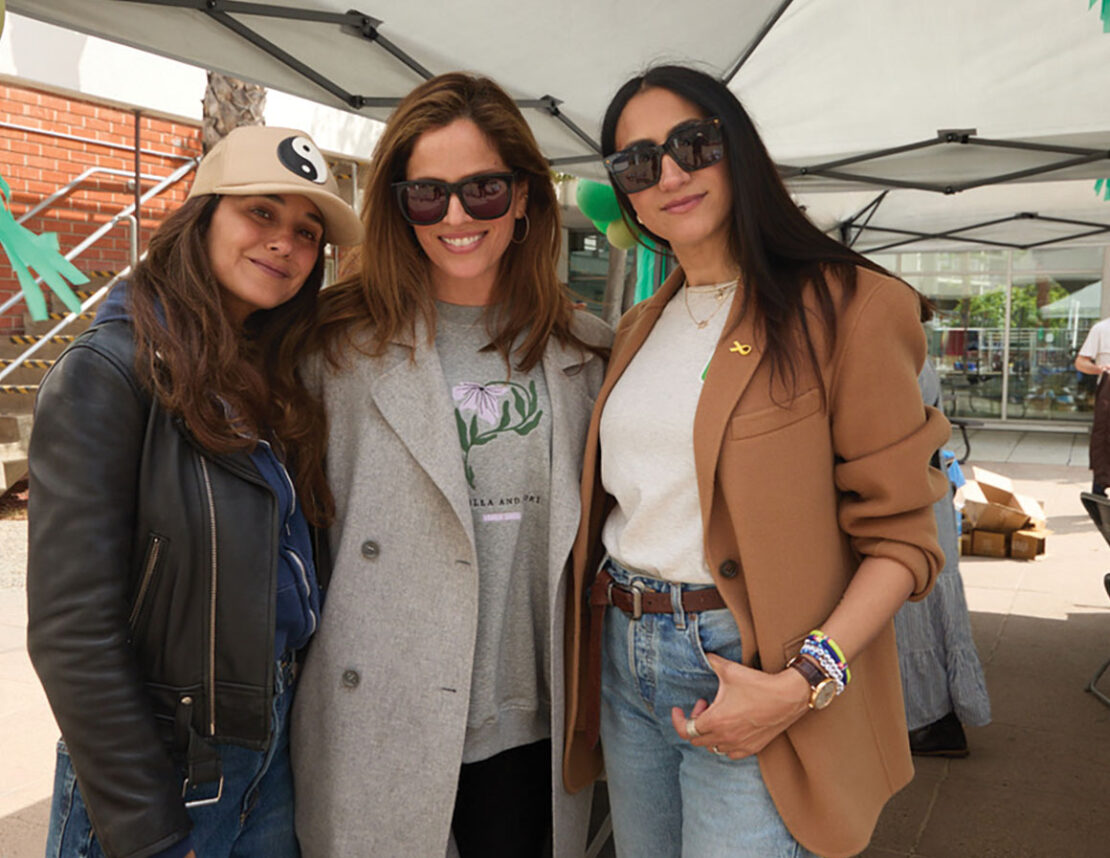
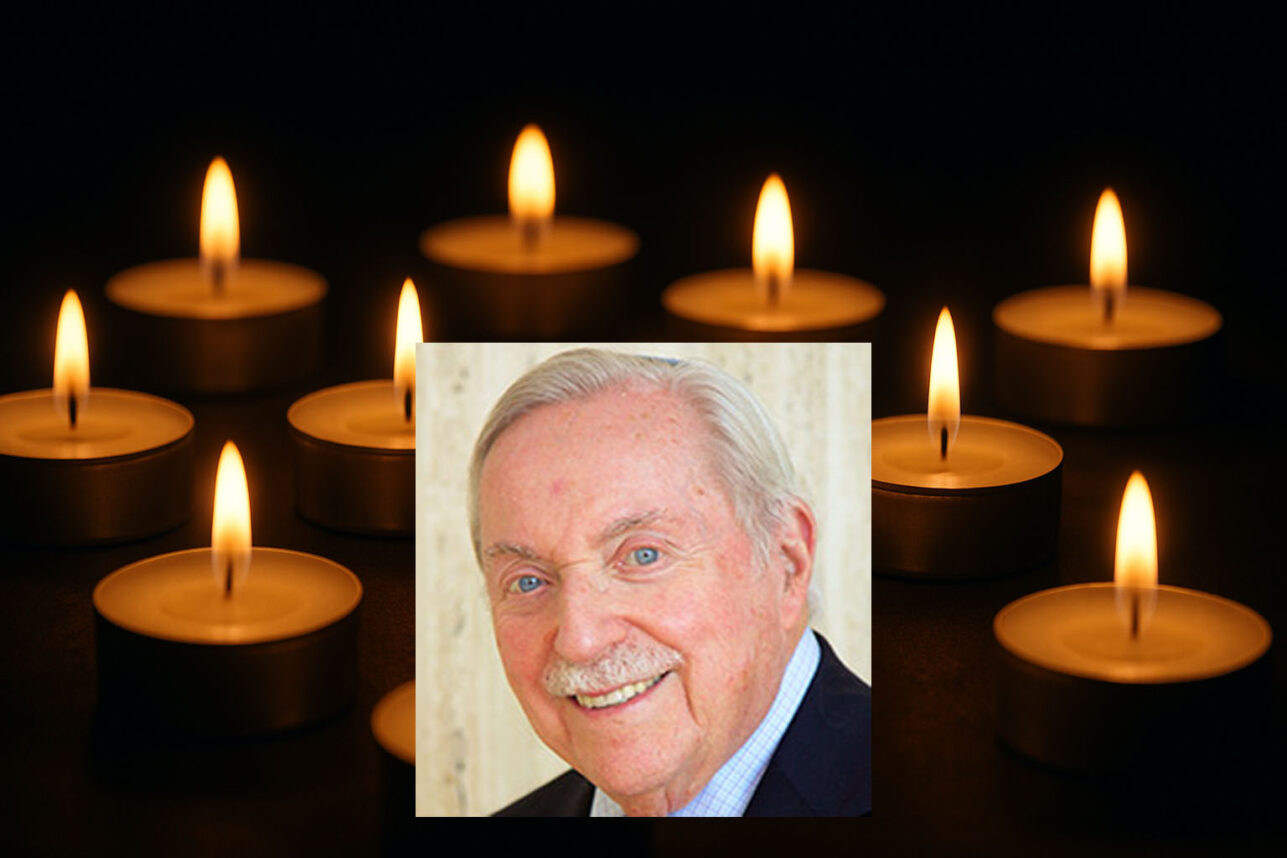
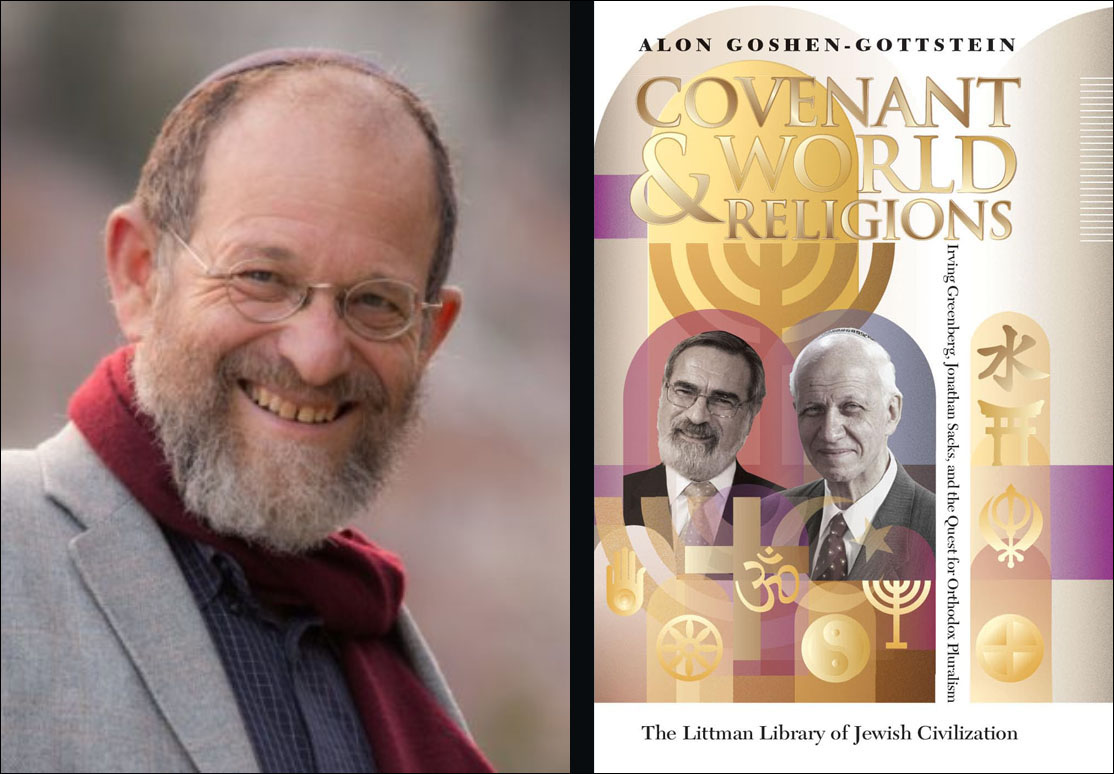
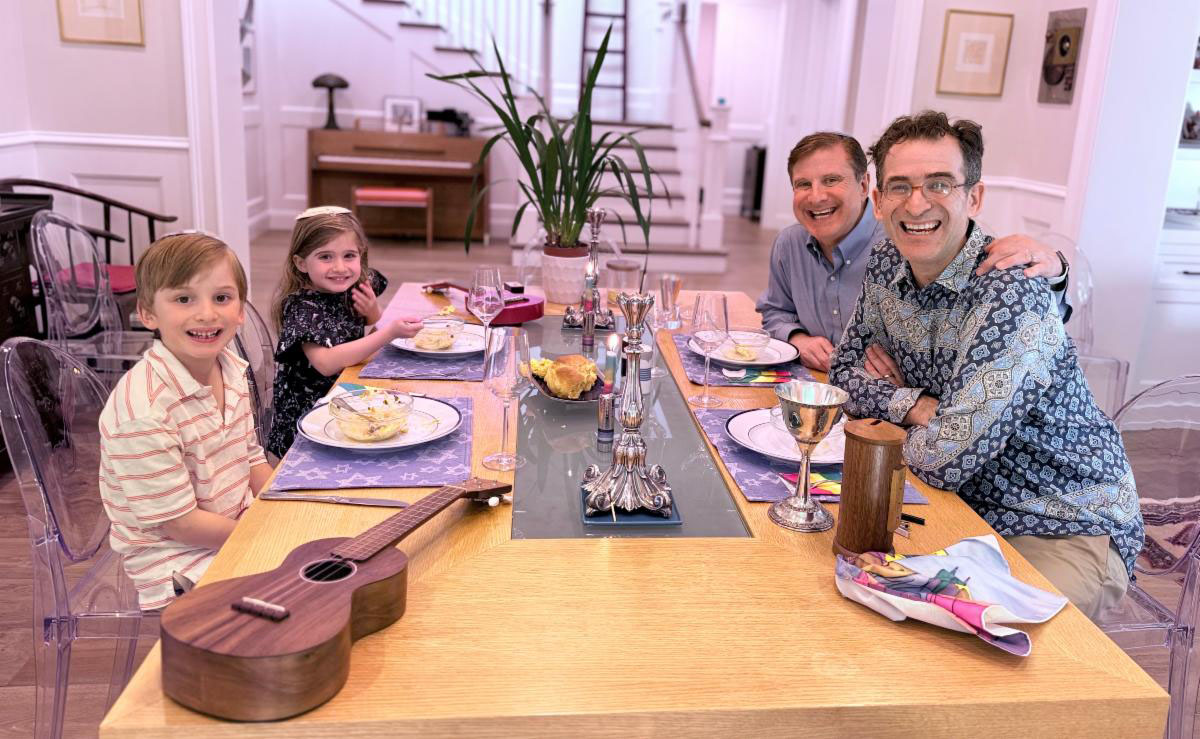








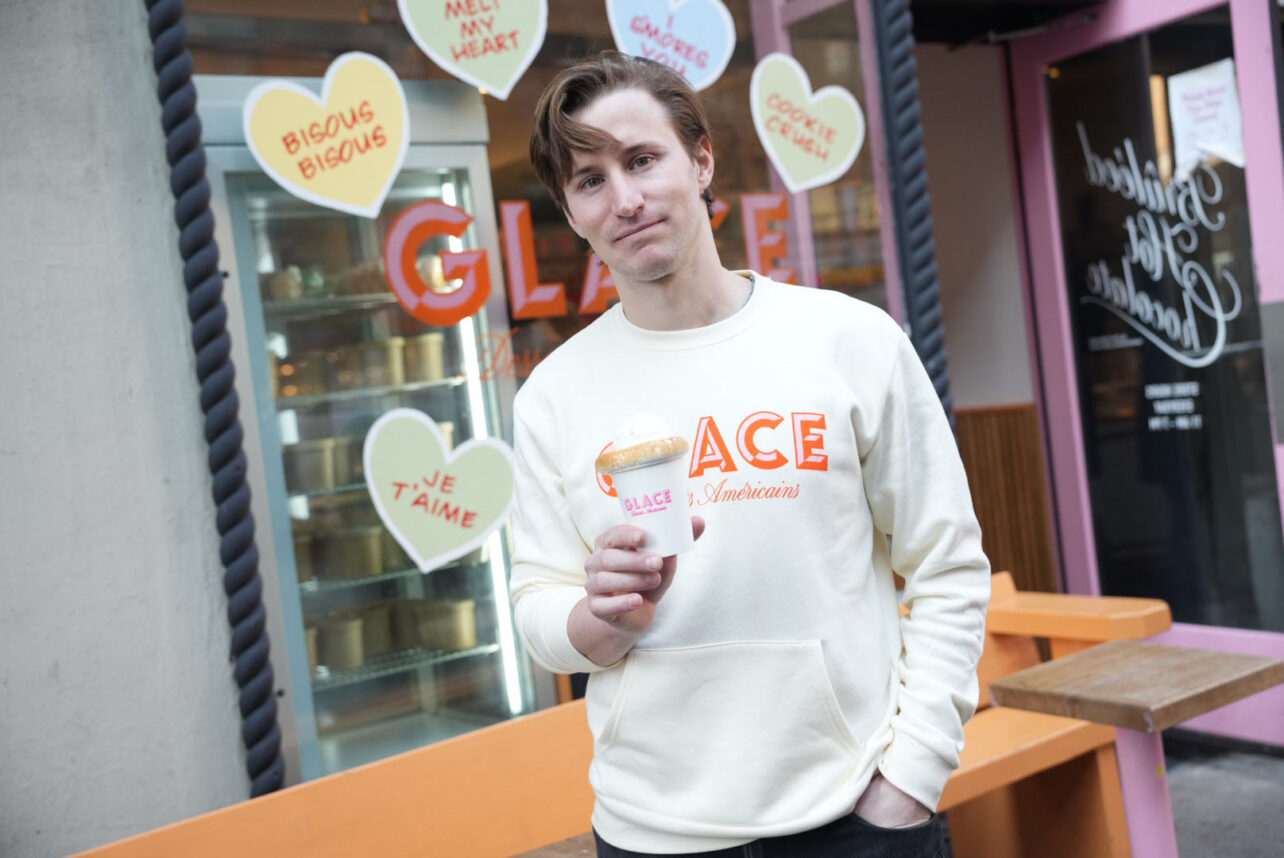
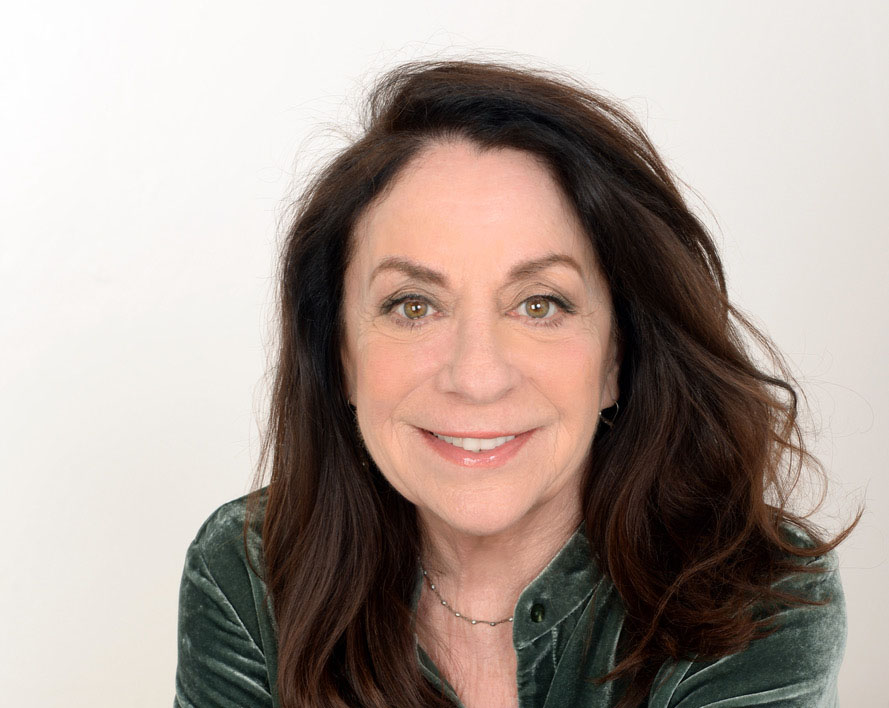

 More news and opinions than at a Shabbat dinner, right in your inbox.
More news and opinions than at a Shabbat dinner, right in your inbox.